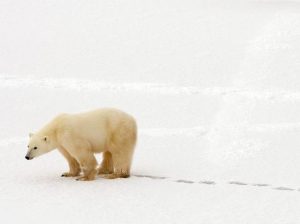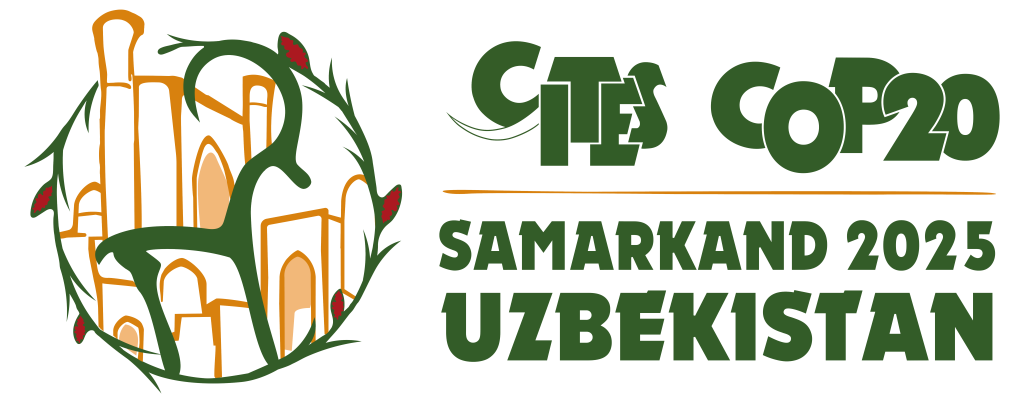Global concern about the threat of climate change has turned polar bears into a flagship ‘endangered’ species that can be exploited by animal activist NGOs skilled in the art of tugging people’s heartstrings to raise funds.
In 2013, animal rights NGOs, supported by the USA, tried unsuccessfully to list polar bears in CITES’ appendix I at CoP-16. The proposers partly lost because their arguments were rooted in emotion rather than science. For example, the USA’s proposal took no account of the capacity of polar bears to cope with a changing habitat. It also failed to provide convincing evidence that the species met the required population size, rate of decline or area of distribution criteria.
The proposal also partly lost because WWF used its considerable influence among numerous parties to the Convention to oppose the listing on the grounds that the ‘best for polar bears is for us to reduce climate change‘. In other words, WWF didn’t want to converge two of its core fundraising campaigns.
Range states in control
The polar bear species is covered by the 1973 Agreement on the Conservation of Polar Bears between the five range States, the views of which were not represented in the supporting statement provided by the United States at CoP-16.
Besides the United States, none of the polar bear range states supported the proposal to upgrade the species from appendix II to appendix I status, which would have banned all International trade for commercial purposes. Indeed Canada, the main exporting country, expressed its opposition to the proposal, stating that ‘an outright ban on trade will have no impact on quotas [i.e. national management quotas], but might have a negative impact on conservation’.
As the USA’s supporting statement highlighted, hunting of polar bears is already prohibited in the Russian Federation, though an agreement between that country and the proponent country allows local hunting. This contradiction – between allowing hunting and calling for a total ban on international trade – undermined the spirit of the CoP-16 proposal, which helps explain why it was rejected.
In conclusion, IWMC recommended to the Parties to CITES that they reject the United Sates’ proposal to list polar bears in appendix I because it was unwarranted. Today, IWMC remains opposed to supporting any future proposals to alter the status of polar bears in CITES’ appendices, unless they are submitted at the request of the Agreement on the Conservation of Polar Bears.



